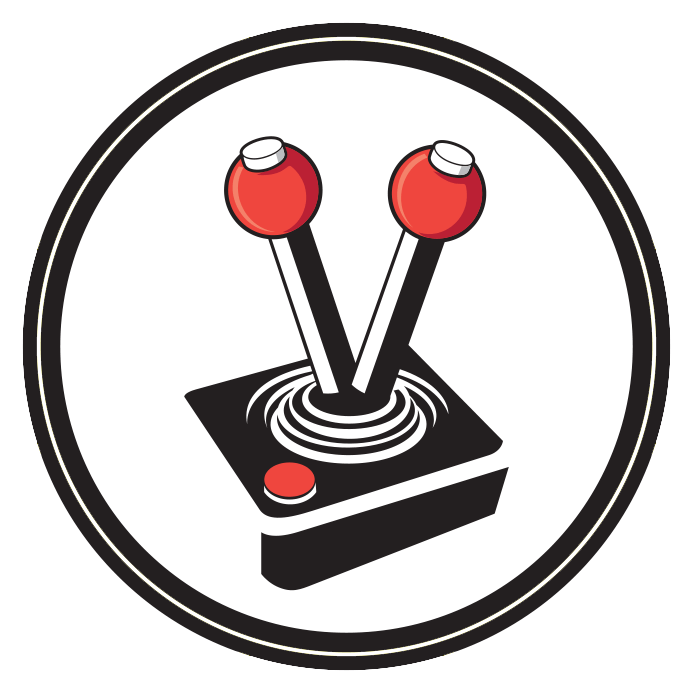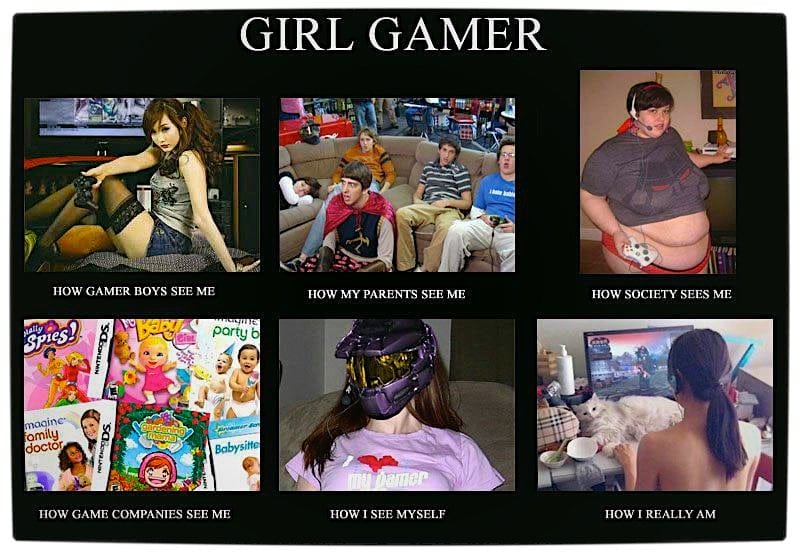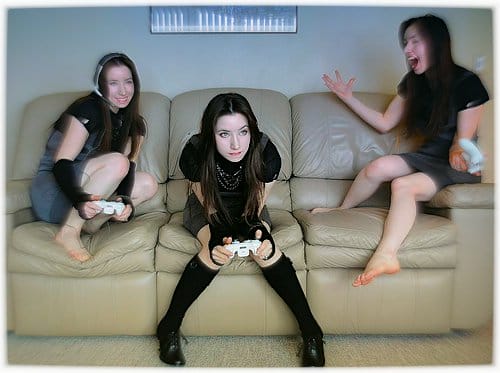I am a “girl gamer”. Hang on… I am, in fact, just a gamer.
I personally see no reason to sexually stereotype who I am. For all intent and purpose, I am just a ‘gamer’ – someone who enjoys playing video games. As a gamer it is my personal perspective that although so-called ‘girl gamers’ are becoming more prevalent around the world, here in South Africa gamers of the female variety are still somewhat ‘closeted’.
The way I see it, there are a few reasons for this.
Firstly, most ladies consider gaming to be a stereotypical ‘guys thing’. As such, most people of the female gender do not consider themselves to be ‘gamers’ even though they thoroughly enjoy casual games, such as Angry Birds, Farmville, The Sims or Bejeweled, to name a few. Most ladies seldom ever appear to cross the bridge from casual to hardcore gaming. The ones, who do, however, are often ridiculed into ‘Oblivion’. Pun intended.
Casual gaming is a rapidly growing part of the video games industry because of its mass market appeal. Everyone with access to the internet, a mobile phone or a tablet computer has played casual games at some point or another. They are usually short and easy to play, with puzzle and simulation elements that make these kinds of games enjoyably addictive. However, most people who are avid casual gamers would not consider themselves as ‘gamers’.
Secondly, people generally find it odd when women break from the stereotypical western ideal of what it means to be ‘feminine’. Deterring from the Western image of commercialised beauty and its subsequent social norms, often results in becoming unfairly and undesirably stereotyped. Therefore, it stands to reason that members of the female gender would not consider gaming as an immediate choice for a past time. In fact, a similar scenario applies to gamers of the male gender but on a much smaller scale. The cultural and social differences between hardcore and casual ‘gamer girls’ differ so drastically in terms of stereotypes and perceptions that it is considered to be ‘butch’ to be a serious competitive gamer of the female connotation.
There are forums and communities that exist specifically for ‘gamer girls’, however just as it is intimidating to join any new group, it stands to reason that it is rather daunting to join the ranks, since the sites consist mostly of the experienced hardcore gamers. It adds yet another hurdle for masked ‘gamer girls’ dissuading them from taking part in the gaming community.
Accepting ‘girl gamers’ simply as ‘girls who play games’ and treating them as fellow gamers rather than some strange exotic creatures to alienate, worship or badmouth, would help shed the notion of male gendered ‘superiority’ within games. It would also go so far as to validate the current real world statistics of the fifty-fifty gender ratio split in modern casual video games.
Lastly, but not in the least, my personal experience has found that ‘masked’ female gamers play just as many games, and almost as often, as their male video game playing counterparts. The difference is that these ‘gamer girls’ hardly take part in any gaming communities, they seldom talk about video games in their social circles and, should they choose to participate, they often appear to use male characterization to engender a sense of ‘acceptance’. The sad part about all of this, is that most of these girls do not intentionally mean to remain behind the ‘mask’. Instead, these gamer girls simply do not feel the need to bond and share with other fellow gamers, regarding video games as a “silly diversion” rather than a satisfying hobby. This is a mindset that needs to be challenged and changed for true progress to take place.
How many ‘masked’ ‘gamer girls’ do you know? Or are you one? Share your experiences in the comments below.
[yframe url=’http://www.youtube.com/watch?v=XrBoeMF4FYs’]
.
Women and video games:
The complex relationship between women and video games has received extensive academic, corporate, and social attention. While composing close to half of the population at large, female gamers represent a distinct minority of total gamers. Advocates for increasing the number of female gamers stress the problems attending disenfranchisement of females from one of the fastest-growing cultural realms as well as the largely untapped nature of the female gamer market. Efforts to include greater female participation in the medium have addressed the problems of gendered advertising, social stereotyping, and the dearth of female video game creators (coders, developers, producers, etc.). Debate has also been provoked regarding whether the proper course of the industry should be to create female-targeted games in parallel with male-targeted games or whether gender-neutral games should be the ultimate goal.Socially, the term “girl gamer” has also received attention both from advocates who largely use it as a re-appropriated term as well as from those that argue against its use by characterizing it as a counterproductive or offensive term. Stereotypes and generalities about the “girl gamer” as a figure of the gaming scene have become common within the video game culture.
[Sources: Fiddlers Edge, Lions Den University, Youtube, Wikipedia]
Angeline, also known as AJ, is a self-confessed 'Anime Freak' and veteran cosplayer who enjoys exploring geek culture while embracing her 'inner child'.








